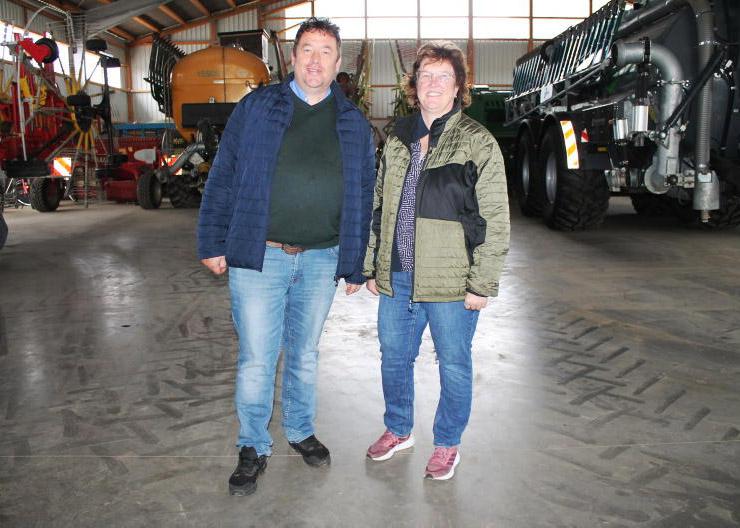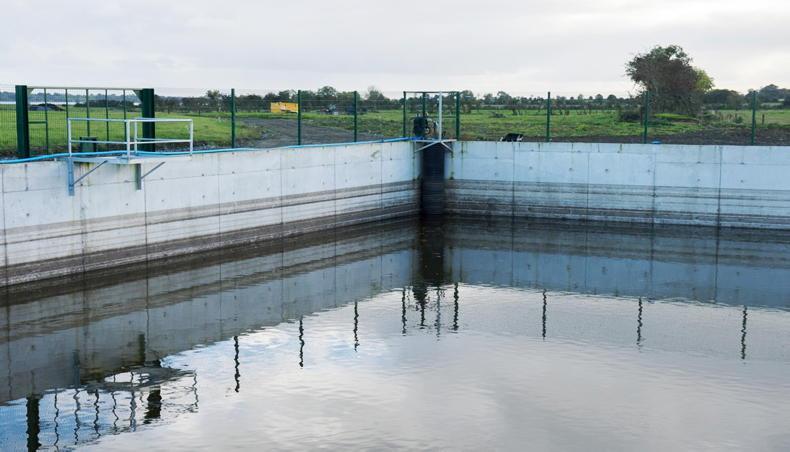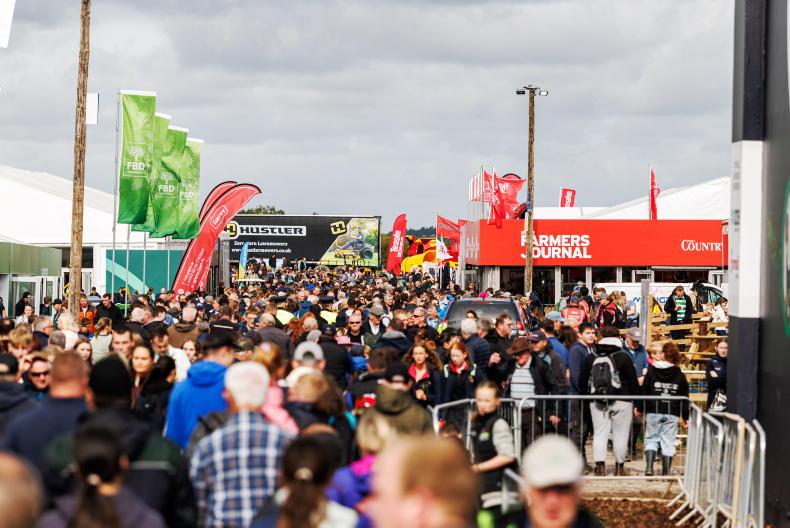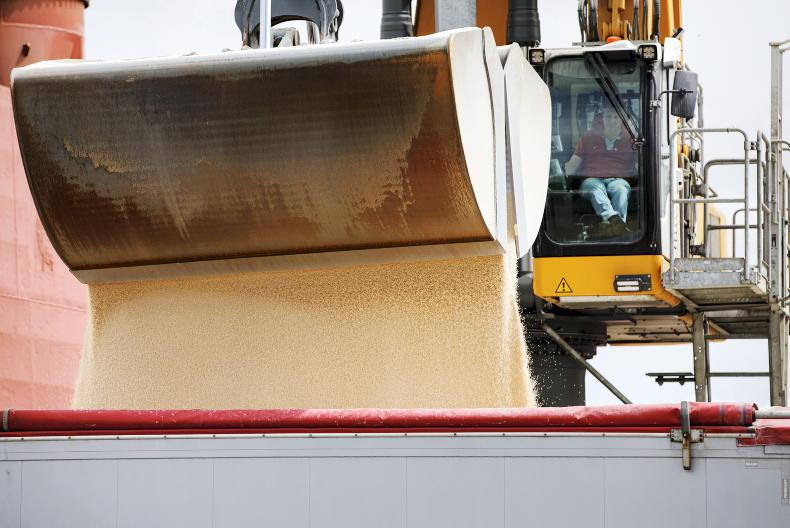The rain returned with a bang last week with over 50mm falling in 24 hours, bringing an end to the excellent autumn grazing conditions that we have seen so far in the southeast. The frost this week will probably also bring an end to the exceptional growth rates that we have seen so far this autumn.
So winter has arrived at last, but we can’t complain after a textbook autumn up to this. We moved the cows to a very dry hill during the rain, so we’ve managed to stay grazing full-time through the deluge. We have moved to once-a-day milking to take a bit of pressure off the cows and to reduce some of the mileage off their feet.
Milk yield will dip quickly now with the whole herd on once-a-day. However, we are due to start calving on 10 January so we are up against dry-off dates already with first-lactation animals. We will be moving quickly to dry-off large numbers of cows towards the end of the month.
We will do some selective dry-cow therapy this year and see how it goes through the spring. We couldn’t try this last year as we had some cell count issues after changing our milking parlour mid-season. This has settled down now and after a final milk recording this week, we will assess all cows and skip antibiotic treatment on maybe 25% of the herd.
Our in-calf heifers will go to their winter accommodation next week and the first big batch of dry cows will follow soon after. We will start to gather up a lot more slurry from then on. This will be a very valuable resource in the spring with chemical fertiliser prices where they are. Hopefully, ground conditions are suitable to get this out early in the spring to offset at least some of the earlier urea applications.
Challenges
While we go about our daily business as usual on-farm this week, we are facing a lot of different challenges outside the farm gate. We are hearing some positive soundings from COP26 around methane emissions from livestock being exempt from methane reduction targets internationally.
There’s no guarantee that this exemption can, or will, be observed by the Irish Government however, as we try to meet our carbon targets over the coming years.
There is a huge risk that our livestock industry and farmers’ livelihoods in Ireland will be sacrificed at the altar of virtue signalling by Green politicians, with their fires very well stoked by vegan activism, if we stand back and let that happen.
The latest kite to be flown in this arena is a tax on dairy cows. This is another red herring floated by vegan activists. We don’t see the sugar beet or sugar cane producers paying a sugar tax, the tax should be levied at the point of consumption, not the point of production.
Demand for highly nutritious milk powders, butters and cheese in their own right, and as ingredients in other foods, has never been higher globally.
If they want this to change, a tax on dairy products might help. However, this is also a tax on healthy protein, calcium, vitamins, minerals and energy that people would need to replace in their diet at a significantly higher cost.
Our production standards in Ireland across the environment, animal welfare and food quality are second to none globally. If we push production to countries with lower standards, we will cause more problems than we will solve.
Some people are looking to create an idyllic Garden of Eden in our countryside – rewilding, rewetting and reducing until there is nothing left but rushes, trees and bogs.
Maybe we should improve what we have rather than destroying it completely. We can be hungry and broke in a Garden of Eden or have a vibrant healthy garden that produces plenty of top-quality food, while maintaining a healthy environment.









SHARING OPTIONS